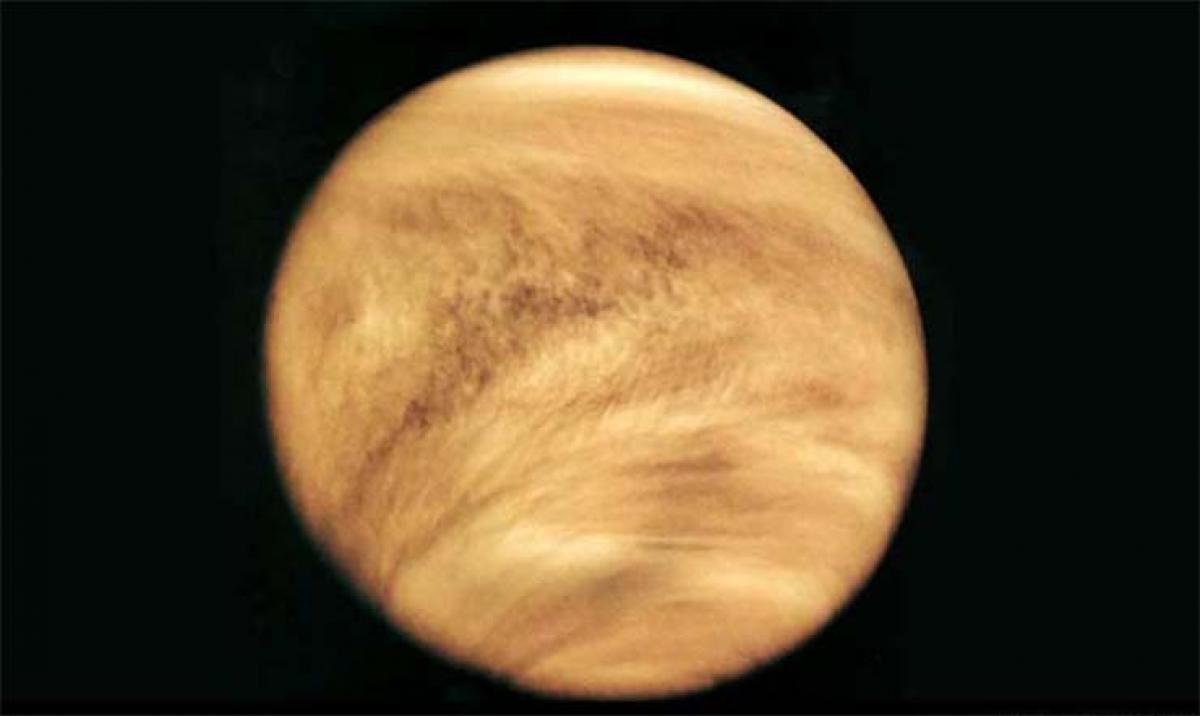Live
- Political Clash Over Police Transfers: Warangal MLAs in Conflict
- Minister Ramalinga Reddy distributes incentive money and grants for education of priests and temple employees children
- Yin Ruoning becomes first Chinese golfer to claim LPGA Shanghai title
- Women’s T20 WC 24: Healy-less Australia opt to bat first in a must-win match for India
- Bengaluru Rallies in Support of Sonam Wangchuk’s Call for 6th Schedule for Ladakh
- Centre directs Ola to let consumers choose preferred refund mode as complaints rise
- PIL in Supreme Court seeks restitution of provision in new penal code akin to Section 377 of IPC
- Seven companies marketcap decreases by over Rs 1 lakh crore
- Long-Distance Breakup: Tips To Deal With It Successfully
- Long-distance relationships: More than facetime and flowers





.jpg)




